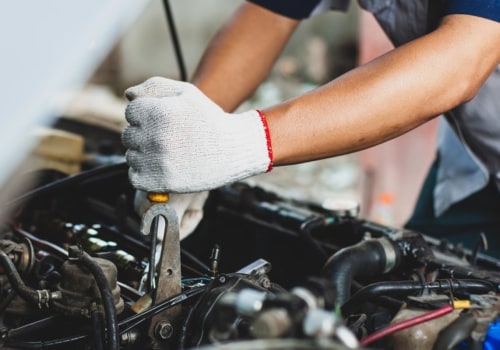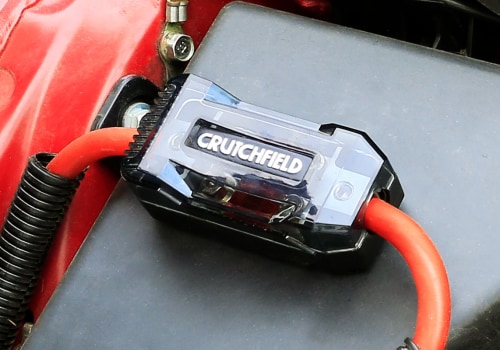All vehicles are powered by an engine, and most cars use an internal combustion engine that runs on gasoline. In terms of safety, your brake system can be considered one of the most important parts of your car. To ensure your vehicle runs smoothly and lasts longer, regular maintenance is essential. Read on to find out what parts of the car you're most likely to need to replace over the life of your vehicle. The air filter has the function of preventing dirt and other particles from entering the engine.
If it becomes dirty, it will prevent proper airflow and cause the engine to malfunction. Similarly, the fuel filter prevents contaminants from entering the engine through the fuel line. A clogged fuel filter will prevent the engine from working properly or not working at all. Alternators create the electricity that powers many parts of your car while the engine is running. If it fails, such as when miles are high, you will experience problems with lighting, radio, and even starting the car.
Your car battery will also need to be changed from time to time, just like batteries in a TV remote control. It's important to regularly check the tread of your tires to make sure they have enough traction. The longevity of your tires will ultimately depend on the brand; some can last 20,000 miles, while others can travel up to 50,000 miles. Tire rotations should also be performed frequently to ensure optimal performance; it is recommended to do these rotations once every 7,000 miles or once every 6 months. Timing belts are only found in approximately 33 percent of all cars in the United States. If yours breaks, the engine will not be able to start.
If you suspect that the timing belt is worn, you can visually inspect it to see if the belt is crimped or if the teeth are misaligned. Timing belts should be replaced anywhere between 60,000 and 100,000 miles. Spark plugs give your car's engine the spark it needs to start. Without that initial ignition, you won't be able to start your vehicle and take it to the road. Symptoms that the spark plug is in its later stages include lower fuel economy, poor acceleration, and problems starting the car.
It is recommended to inspect spark plugs once every 30,000 miles, but usually they don't need to be replaced until 80,000 miles. Your engine contains an air filter to expel air from the mechanism. Over time, this component can become clogged with dirt, which means that the engine cannot operate as effectively. You should make sure to replace this filter frequently; most of the time it is recommended to replace it once every 7,500 to 10,000 miles. All cars run on a variety of fluids. A car needs fluid to run, from gasoline to engine oil and antifreeze.
You should keep abreast of your car's maintenance by checking fluid levels every few weeks and completing it when possible. The battery is also essential for starting your car; without it you won't go anywhere. Taking care of your car and keeping it in good working order requires a bit of effort but doesn't require you to be a mechanical genius. Sticking to a car maintenance schedule and keeping a good record of what you've done can help extend the life of your vehicle and protect it from breakdowns and costly repairs. Routine maintenance services include replacing certain car parts that will wear out or lose their ability over time. It's important to remember that car maintenance costs can help you avoid costly repairs in the future. A spare tire isn't technically an auto part but should always be kept in your car just in case.
To schedule an appointment for alternate car maintenance from a dealership in Denton, call us today at (940) 566-2156.






